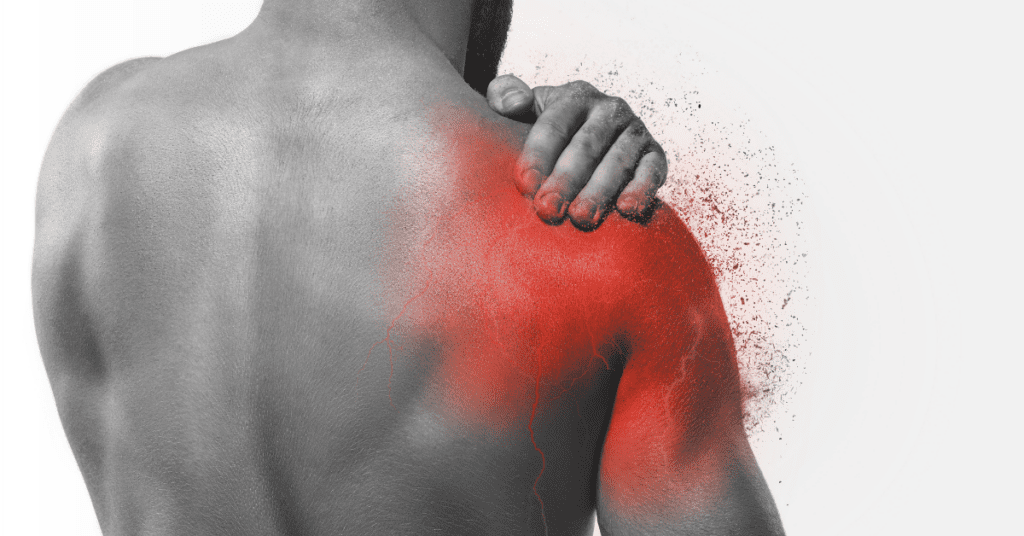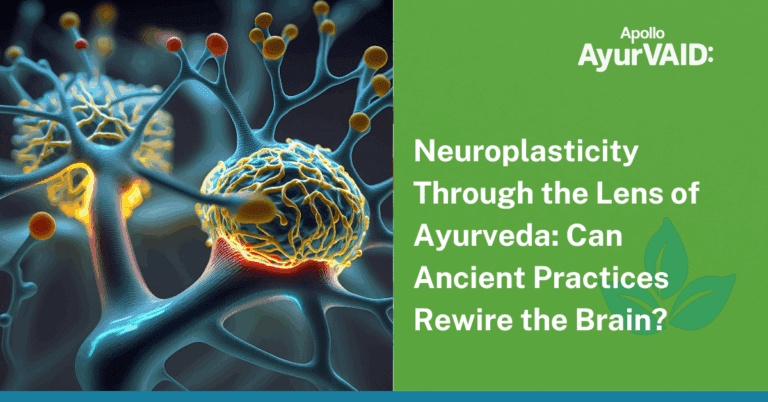Shoulder pain and stiffness can significantly hinder our daily activities. Among the various shoulder conditions, one that’s often misunderstood and challenging to manage is a frozen shoulder. Known medically as adhesive capsulitis, this condition severely restricts shoulder movement, causing discomfort and reduced functionality.

What causes a Frozen Shoulder?
The precise cause of frozen shoulder isn’t always clear, but certain factors contribute to its development such as:
- Injury or Trauma: Previous shoulder injuries or surgeries can lead to adhesions and scar tissue, restricting movement.
- Medical Conditions: Individuals with diabetes, thyroid disorders, or cardiovascular diseases are more prone to developing frozen shoulder.
- Immobilization: Prolonged immobilization due to injury, surgery, or medical conditions can trigger the condition.
- Age and Gender: People aged 40 and above, especially women, are more susceptible.
How do I know if I have a frozen shoulder?
Recognizing the signs of a frozen shoulder is crucial for early intervention. The condition typically progresses through three stages:
- Freezing Stage: Gradual onset of pain and stiffness in the shoulder, worsening over time. Daily activities become challenging.
- Frozen Stage: Stiffness persists, limiting movement and causing increased discomfort, often affecting sleep.
- Thawing Stage: Improvement in pain and movement gradually occurs, but this stage might take several months to years.

Ayurveda’s View on Frozen Shoulder
In the modern point of view, the diseases involving the neurological, musculoskeletal, psychosomatic, and gastrointestinal system disorders have more similarity with the Vata vyadhi. Frozen shoulder can be compared to Apabahuka, a disease that usually affects the shoulder joint due to Vata dosha vitiation. Strenuous physical work and direct injury are the predisposing factors in the manifestation of the disease Apabahuka.
Treatment Options
While a frozen shoulder can resolve on its own, managing the symptoms is essential for comfort and mobility. Treatment options include:
- Modern medicine: Modern medicines suggest pain relievers and anti-inflammatories to manage discomfort. Steroidal Injections to reduce inflammation and alleviate pain in some cases. In severe cases, surgery might be recommended to remove scar tissue and adhesions.
- Ayurveda – Ayurveda treatment focuses on identifying the root cause and planning a line of treatment accordingly.
- Panchakarma – The general line of treatment mentioned for Vatavyadhi in Ayurvedic classics include Snehana (both internal and external), Swedana, Mrudusamshodhana, Basti, Shirobasti, Nasya, and so on. Also, depending on the location and dushya (tissue element vitiated by Vata) each patient is given specific therapies.
- Physical Therapy: Stretching and strengthening exercises to improve flexibility and strength.
Prevention Strategies
Preventing a frozen shoulder involves maintaining shoulder mobility and health:
- Regular Exercise: Incorporate shoulder exercises into your routine to maintain flexibility and strength.
- Avoid Prolonged Immobilization: After injuries or surgeries, follow rehabilitation protocols to prevent stiffness.
- Manage Health Conditions: Control underlying conditions like diabetes or thyroid disorders.
- Posture Awareness: Maintain good posture to reduce strain on shoulders.
Understanding the causes, signs, treatment options, and preventive measures for frozen shoulder empowers individuals to take proactive steps in managing and minimizing its impact on their lives. Early recognition of symptoms, along with appropriate treatment and preventive measures, can significantly improve outcomes and reduce the impact of this condition on daily life.






